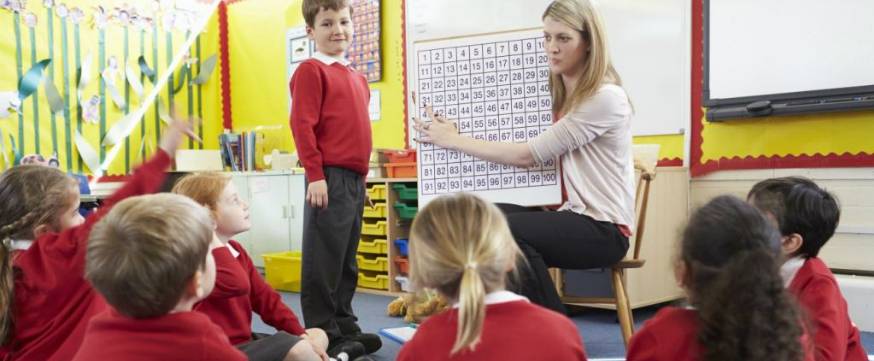
Group-based solutions risk ignoring individuality
Research 22 Jun 2015 3 minute readGroup-based solutions risk ignoring individuality
Focusing on demographic groups is not only ineffective but also counterproductive in closing achievement gaps, with only small steps required to go from correlation to explanation, to expectation to excuse, according to ACER Chief Executive, Professor Geoff Masters AO.
Writing in Teacher, Professor Masters notes that in education, and society in general, assigning people to groups simplifies life by allowing us to assume that we know more about a person by knowing the groups to which they belong.
'When we create groups based on demographic characteristics, we find that some groups have higher average achievement levels than others,' Professor Masters writes.
'One response to this observation has been to assume that the closing of achievement gaps requires group-based solutions – for example, special initiatives aimed at boys (or girls), educational solutions for Indigenous students, or government programs targeted on students from low socioeconomic backgrounds. However, there is limited evidence that group-based solutions of these kinds have been effective in closing achievement gaps.'
According to Professor Masters, part of the reason group-based solutions are not more effective in closing achievement gaps is that group-based solutions are not relevant to all members of a group.
'It would be wrong to think that all Indigenous students have similar learning needs,' Professor Masters writes. 'It would be equally wrong to assume that all boys, all girls, or all students from low socioeconomic backgrounds have identifiable but similar learning needs.'
Another explanation for the relative ineffectiveness of group-based solutions, according to Professor Masters, is that highly effective teaching practices tend to benefit all students, regardless of the groups to which they belong.
'Rather than attempting to develop and implement solutions for defined student groups, a more effective strategy for closing achievement gaps may be to work to ensure that evidence-based best practice is implemented as widely as possible in every school and every classroom,' Professor Masters writes.
Read the full article:
‘Achievement gaps - the continuing challenge’, written by Geoff Masters and published in Teacher, is available at <teacher.acer.edu.au/geoff-masters>